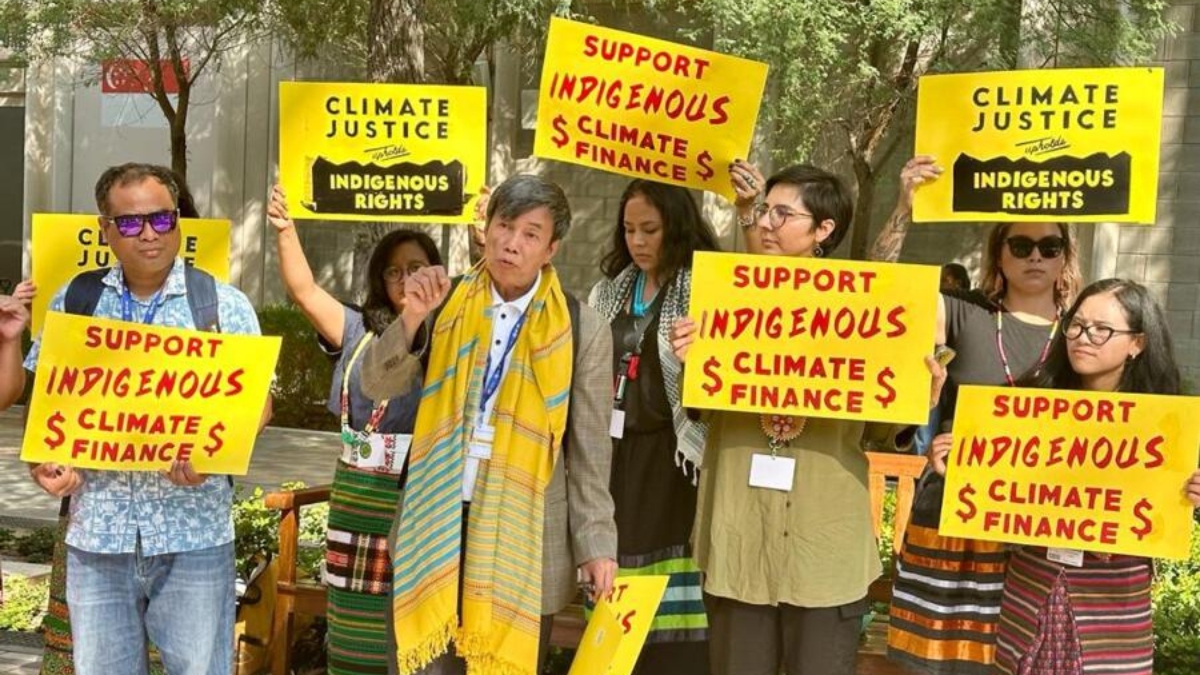At the COP28 climate summit in Dubai, Philippine activists are advocating for indigenous rights. Helen Magata and Josefa Isabel Tauli have arrived in Dubai to participate in the ongoing COP28 United Nations Climate Summit.
As the summit reaches its halfway point, Magata and Tauli are calling for increased involvement in climate negotiations, focusing on equitable representation in the new loss and damage fund. This fund, which aims to support communities affected by climate change, recently received an initial commitment of over $420 million, primarily led by the UAE.
Magata, a coordinator at the Tebtebba Foundation, and Tauli, a youth climate advisor to the UN Secretary-General, stress in a Khaleej Times report the importance of directing these funds directly to indigenous communities. They express concerns that the money might otherwise be managed by government entities or large corporations, potentially bypassing those most in need.
Their voices echo a broader concern that indigenous groups, often stewards of significant biodiversity, are sidelined in climate change discussions and decisions. They cite the historical stewardship of indigenous peoples over critical ecosystems and express fears of being further marginalized by development projects disguised as climate solutions.
Additionally, Magata and Tauli highlighted the risks faced by environmental activists, including violence and criminalization, particularly in the Philippines where over 100 activists have been killed in the past decade.
Supporting their cause, Mrinal Kanti Tripura from the Maleya Foundation in Bangladesh emphasized the need for climate solutions based on free, prior, and informed consent (FPIC), a framework mandated by the UN Declaration on the Rights of Indigenous Peoples. This principle ensures that indigenous communities have a say in projects that affect their lands and livelihoods.





